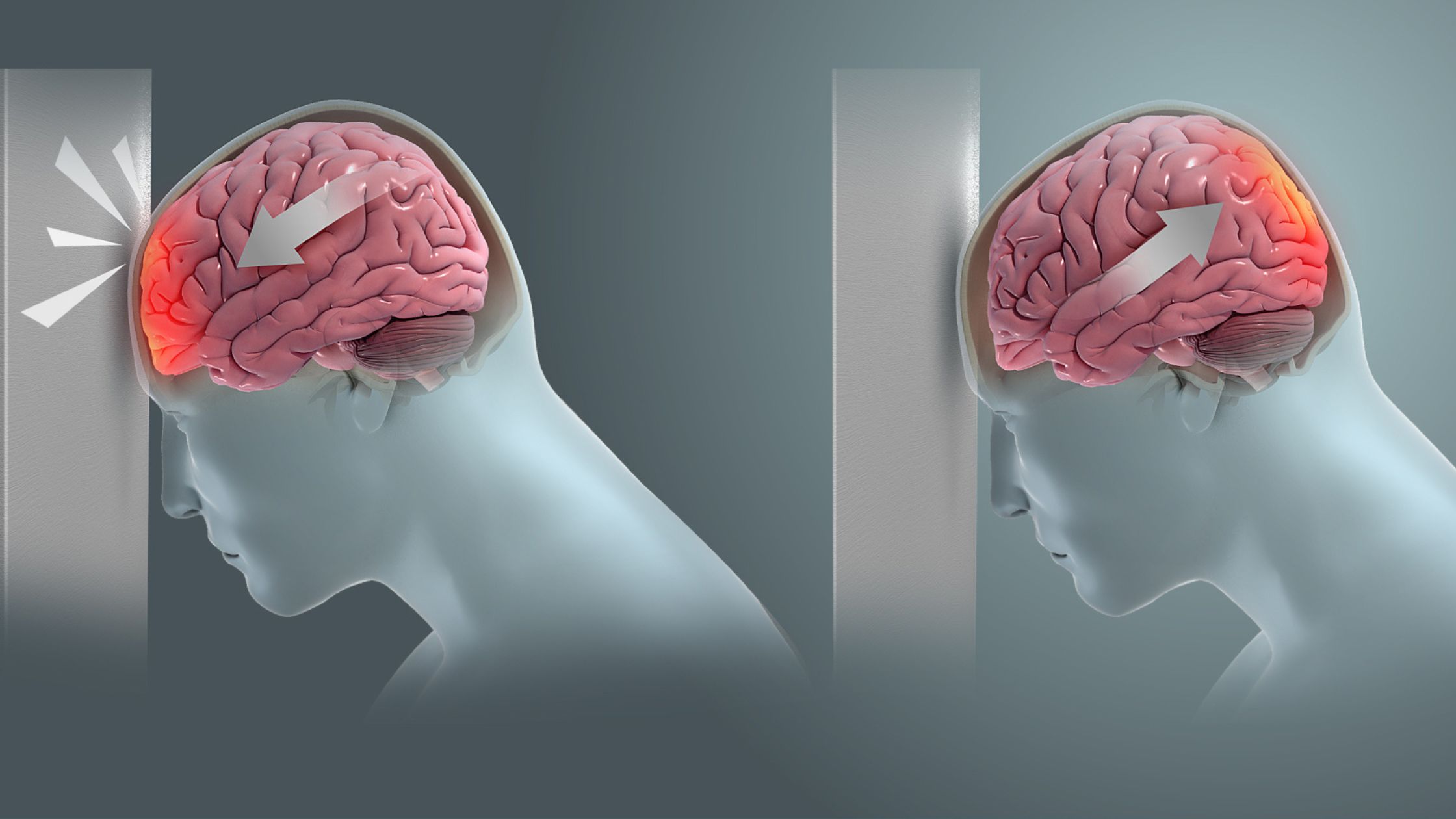What Causes Irritability?
An Overview
I’m sure you’ve had one of those days when everything seems to set you off, right? That’s called irritability. Let’s explore what it means.
Irritability refers to a state of feeling easily frustrated or impatient. You might experience it as a heightened sensitivity to things happening around you.
Things that wouldn’t usually bother you seem to become annoying or even intolerable. This might result in reactive behavior like snapping at people or losing your temper more quickly than usual.
While everyone feels irritable at times, particularly under stressful conditions, persistent irritability can also be a symptom of an underlying physical or mental health condition.
These can include stress, anxiety, depression, bipolar disorder, ADHD, lack of sleep, poor nutrition, certain medications, physical health conditions like hypothyroidism, hormonal imbalances, and even low blood sugar.
It’s important to note that everyone has off days, and feeling irritable now and then is perfectly normal. However, if you find that you’re frequently irritable and it’s affecting your quality of life or relationships, it could be beneficial to seek professional advice.
What Causes Irritability?
Let’s dive into some potential causes of irritability.
1. Stress and Anxiety
Stress and anxiety can be significant contributors to irritability. When you’re under pressure or feeling anxious, you may become easily frustrated or upset.
For instance, imagine you’re preparing for an important meeting. Your stress levels are high, and you might snap at a colleague for a minor error. That’s your stress manifesting as irritability.
2. Lack of Sleep
When you’re tired, you’re more likely to be irritable. Lack of quality sleep can leave you feeling out of sorts and less able to cope with minor annoyances.
As an example, If you’ve ever had a sleepless night followed by a day where everything seemed to annoy you, you’ve experienced how lack of sleep can lead to irritability.
3. Hormonal Changes
Hormonal fluctuations, such as those that occur during the menstrual cycle, pregnancy, or menopause in women, can cause irritability.
Changes in testosterone levels can also affect men’s moods.
Of course, have you noticed women often feel irritable during their pre-menstrual or menstrual phase? Or men sometimes becoming more temperamental during periods of high stress?
Hormonal fluctuations can indeed lead to periods of irritability.
4. Poor Nutrition
An inadequate diet can also make you irritable. If your body isn’t getting the nutrients it needs, or if your blood sugar levels are constantly fluctuating due to a diet high in refined sugars, you may find yourself feeling more irritable.
5. Mental Health Conditions
Certain mental health conditions, such as depression, anxiety disorders, bipolar disorder, or ADHD, can cause irritability.
For example, someone living with depression may exhibit irritability in response to feelings of hopelessness.
Similarly, a person with ADHD might become irritable due to frustration with their inability to focus.
6. Certain Medications
Some medications can cause irritability as a side effect. If you notice an increase in irritability after starting a new medication, it may be worth discussing this with your healthcare provider.
7. Physical Health Conditions
Some physical health conditions, such as hypothyroidism or other hormonal imbalances, chronic pain, diabetes, or neurological disorders like Alzheimer’s or Parkinson’s, can cause irritability.
As an example, a person living with the constant discomfort of arthritis may become more irritable.
8. Low Blood Sugar
Low blood sugar, also known as hypoglycemia, can result in irritability. If you’ve ever felt grumpy or short-tempered when you’ve skipped a meal, you’ve experienced this.
Low blood sugar can lead to a variety of symptoms, including mood swings and irritability.
Managing Irritability
Living with irritability can be challenging, both for you and those around you. But here’s the good news: several methods can help you manage irritability.
1. Stress Management
If stress is causing your irritability, finding effective ways to manage it can help. For instance, you might try a relaxation technique like deep breathing, yoga, or meditation.
2. Adequate Sleep
Ensuring that you’re getting enough quality sleep is crucial. If you’re staying up late watching TV and waking up feeling grouchy, consider setting a regular sleep schedule to ensure you’re getting enough rest.
3. Balanced Diet
Maintaining a balanced diet can also help manage irritability.
For example, if you’ve ever become irritable because you’ve skipped a meal and your blood sugar has dipped, ensuring regular, balanced meals can help prevent this.
4. Regular Exercise
Regular physical activity can help reduce irritability. You don’t have to run a marathon— even a brisk walk or dancing can help lift your mood and reduce feelings of irritability.
5. Limit Caffeine and Alcohol
Caffeine and alcohol can both contribute to irritability. Of course, if you’ve noticed that you feel jittery and irritable after your third cup of coffee, it might be time to cut back.
6. Seek Professional Help
If your irritability is specifically linked to a mental health condition like depression or ADHD or a physical condition such as hypothyroidism, or arthritis, seeking treatment for these conditions can help manage your irritability.
7. Mindfulness and Relaxation Techniques
Mindfulness practices, such as meditation or deep breathing exercises, can help you stay focused on the present, reducing irritability.
For example, the next time you feel irritation rising, try closing your eyes and taking a few deep breaths.
8. Cognitive-Behavioral Therapy (CBT)
CBT can help you understand the thoughts and beliefs that lead to irritability and develop strategies to manage it. If your irritability is impacting your relationships or quality of life, it might be worth exploring CBT with a professional.
To sum up, irritability doesn’t have to control your life. With these strategies, you can manage your irritability effectively and improve your overall quality of life. Remember, there’s no shame in seeking help if you need it!






